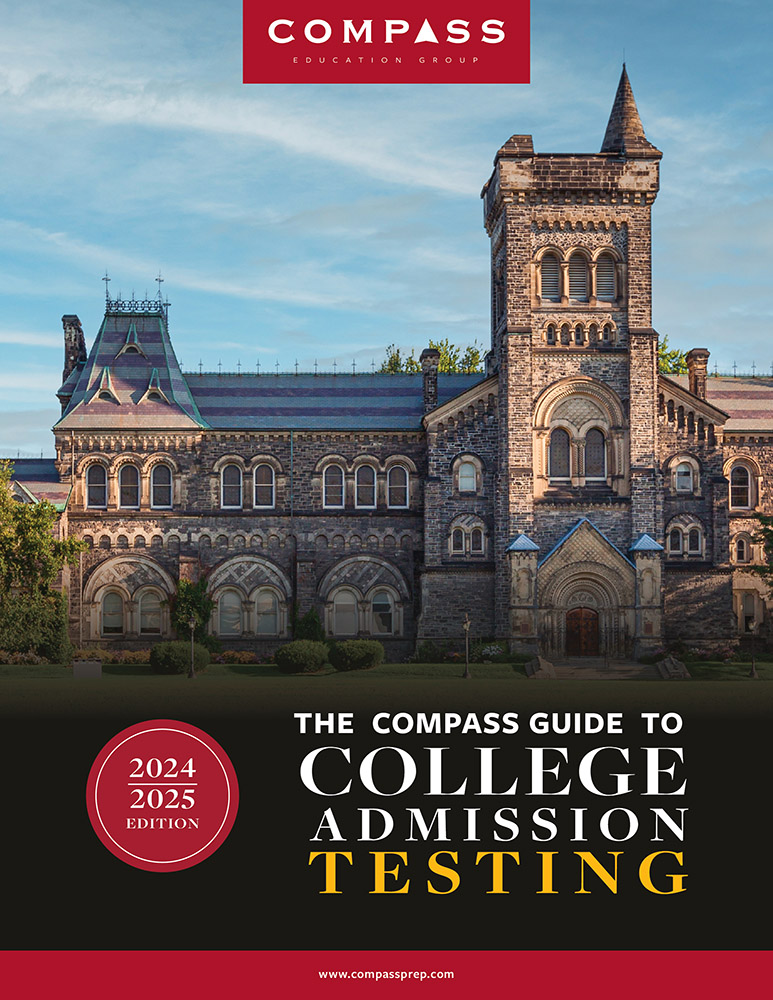
This post was penned by Jenny Umhofer, an independent college counselor and contributor to the Western Association for College Admission Counseling (WACAC) blog. It is the first of six installments that will focus on college advising for STEM students – all of which will be published on the WACAC website in the forthcoming weeks.
If it was good enough for Einstein, it’s good enough for today’s budding scientists. I’m talking about the scientific method. And getting into college. And how the former can help bring about the latter.
I’ve found that when working with left-brained college applicants looking to focus on STEM subjects (science, technology, engineering and math), it helps to find a way to speak their language. And that’s not always easy. These STEM kids? They’re smart. Wicked smart, as they might say in Boston (home to STEM giant MIT). If you’re going to help kids like these get into college, you’re going to get into their world and meet them there.
One way to meet them there is to speak the language of science. Specifically, the language of the scientific method. In fact, I’m going to suggest that you can use the scientific method in helping STEM students through the college admissions process.
What is the scientific method? It’s the process scientists go through to figure something out. So why not employ it in figuring out college admissions? We all remember the steps of the scientific method—we all learned them in our elementary school science class.
1. Question. It all starts with a question—a question about why things happen the way they do.
2. Observation. Once the question is asked, the scientist begins to observe the subject.
3. Hypothesis. Based on those observations, the scientist develops a proposed explanation, a theory of an answer to the question posed.
4. Experiment. The scientist develops a series of tests to probe the hypothesis and see if it’s accurate.
5. Conclusion. The results of the experiments are measured, analyzed, and assessed.
This method actually matches up well to the student’s journey through the college admissions process. It all begins with the question: what is the “best fit” college for me? We begin to explore the answer to that question through observations, about the student and about what kinds of colleges are out there.
We develop a hypothesis, a theory as to what kinds of colleges match up with who the student is. We experiment with those colleges, looking at grades and scores, learning as much as we can about those colleges, making visits, and ultimately, submitting applications and taking in the results. And finally, we reach a conclusion about the right college to attend.
The beauty of the scientific method is that it is rooted in doubt and uncertainty. It starts with not knowing. That’s where most students—STEM or otherwise—start. And there’s nothing wrong with that. Doubt and uncertainty are the right starting point for the college admissions process—no one’s supposed to have it all figured out. Many high achieving STEM students feel like they should have all the answers at the start. Resorting to the scientific method reminds the young scientist that not only is it okay not to have all the answers, the process begins with not having the answers.
The other reason the scientific method fits so well with applying for college is that the scientific method is a process—a disciplined, step-by-step way to move from not knowing to knowing. That’s precisely what STEM students need, and using the scientific method can give them comfort and familiarity as they move through the admissions process.
Over the next several months, I’ll spend more time looking at admissions for STEM students through the lens of the scientific method. Next month, I’ll be looking at the first step of the scientific method: the question.

